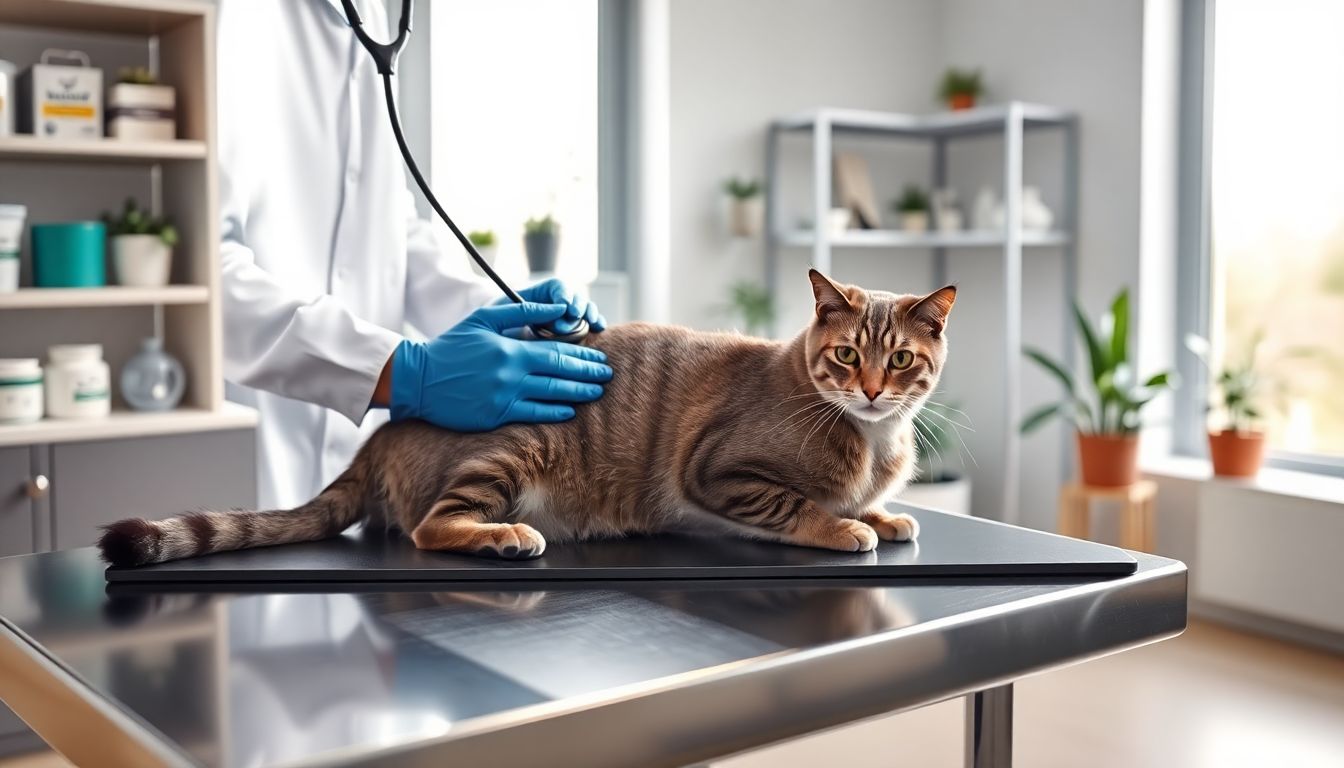Intro
Every cat owner understands well that cats have a talent for hiding their health issues. However, it is always good for a feline to have a regular checkup because they, too, need to be happy and healthy. Most of the times, catching problems in their early stages can save serious diseases and even save your feline’s life. Besides, regular visits to the veterinary are equally important, and the owner should also keep watching the cat on a daily basis.
Understanding the Importance of Regular Cat Health Checks
Reasons You Should Have Your Cat Checked by the Vet Frequently
A kitten’s vet visits are frequent, while an adult would go in once a year. Senior cats may require more visits. A lot of pet owners believe their cats are fine and will not go for a check-up—this is wrong. Exams on a regular basis catch the problems before symptoms develop, keeping that kitty happy and healthy.
Benefits of Early Diagnosis
Earlier diagnosis helps in faster resolution of health issues, while pain prevention and cost savings on treatment can make the difference sometimes between life and death.
Key Statistics
Studies show that cats who have regular health care could live as much as three years longer than those without.
Evidence That Your Cat Needs a Health Check
Changes in Behavior
Does your cat seem to be sleeping all day and hiding more than usual? Changes such as aggression or withdrawal are warning signs.
Symptoms on It
Watch for weight changes, dull coat, or changes in grooming habits. Visible signs include discharges, swelling, or limping.
Red Flags of Emergencies
If your feline has difficulty in breathing, starts to throw up constantly, or collapses, call the vet without hesitation.
Elements of Full Cat Health Exam
Visual Inspection
Examination of eyes, ears, nose, and mouth. Look for infections or health issues.
Physical Examination
Includes vital signs such as temperature, heart rate, and breathing. Tumors or swelling can be detected by palpating the abdomen.
Diagnostic Tests
Blood, urine, and stool tests offer detailed insights. Advanced tools such as x-ray or ultrasound may be used.
Preventive Care
Vaccination updates and parasite preventatives protect your cat from diseases and discomfort.
How to Prepare Your Cat for Visiting the Vet
Pre-Vet Visit Tips
Cats may need to fast for bloodwork. Bring medical records and questions.
Making the Visit Easy
Use a sturdy carrier with familiar items. Covering it with a cloth and calm talk can reduce anxiety.
Post-Appointment Aftercare
Watch for medication side effects or stress. Follow vet instructions on diet and activity.
Tips for Keeping Your Cat Healthy in Between Appointments
Daily Observations
Track weight, eating, and activity levels using a health log or app.
Nutrition and Diet
Serve balanced cat food appropriate to age and health. Avoid giving human food.
Exercise and Enrichment
Playtime keeps cats fit. Use toys, posts, and climbing trees.
Grooming
Regular brushing and bathing maintain coat and help detect problems. Clean ears and teeth regularly.
Conclusion
Routine health checks are key to a long and happy life for your cat. Consistent monitoring and nurturance bring great benefits. Schedule vet visits and pay attention to behavioral changes. A little effort goes a long way in protecting your cat’s health.









